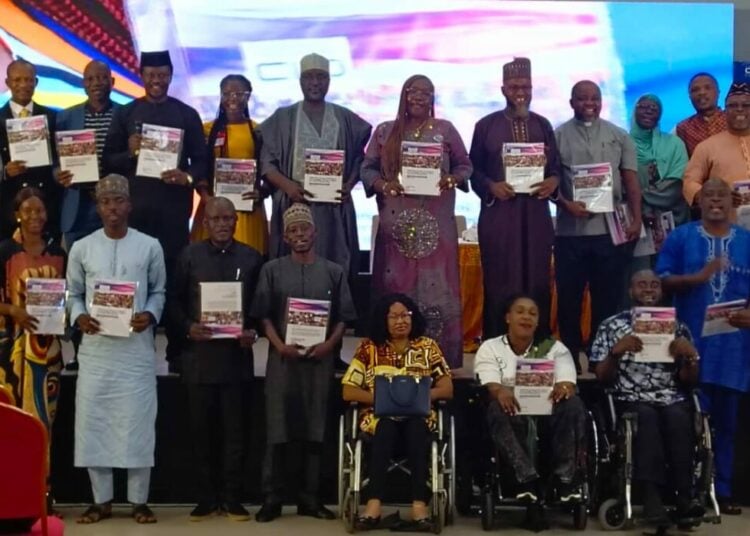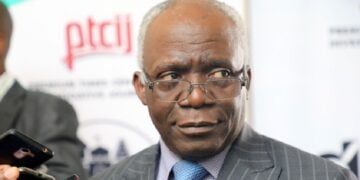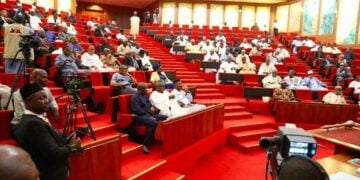Fellows of the International Dialogue Centre (KAICIID) have called on the federal government to enact a national education policy that integrates the study of interreligious and intercultural dialogue into the curriculum from primary to tertiary level.
This urgent appeal was made yesterday in Abuja during a conference commemorating a decade of the KAICIID Fellows Programme in Nigeria, themed “Celebrating a Decade of Intercultural and Interreligious Dialogue in Nigeria: The KAICIID Fellowship Story.”
Rev. Fr. Onuh Ladi Sixtus, a member of the local organising committee for the anniversary, made this call while speaking with journalists at the event.
He stated that the government must be deliberate in forging peace and unity in a nation often divided by religious and ethnic sentiments.
“The government must be intentional in ensuring peace and unity in Nigeria. I am advocating for an education policy that cuts across from primary school to everywhere. Let interreligious dialogue be a component that people study, imbibe, and integrate into our system,” he said.
Sixtus argued that such a foundational approach would systematically dismantle deep-seated biases and mutual mistrust, which are often exploited for political gain.
“Imagine if interreligious dialogue is made as a General Studies course across all Nigerian higher institutions. Irrespective of whether you are studying mathematics or anything, you have this as a foundational course.
“Imagine how this impacts over a period of time. We must make a national policy about addressing this head on,” he said.
Also, the chairman of the event’s implementing team, Dr Emmanuel John Nkanta, emphasised the core belief of the fellowship.
“The summary of all this is that together, irrespective of who you are, we are first and foremost human beings. We strongly believe that together we can build a better world and to continue to project the ideas of peace,” he said.
The KAICIID Fellows Programme, initiated by an organisation founded by Saudi Arabia, Austria, and Spain with the Vatican as a founding observer, has trained over 600 fellows globally.
Nkanta said the Nigerian chapter boasts of 35 fellows drawn from diverse religious and cultural backgrounds, who act as experts and instruments for promoting dialogue.
The secretary of the implementing committee, Rev. Dr. Edward Nanna, advised Nigerians to prioritise their common humanity over religious differences.
“My advice to Nigerians is, firstly, you should remember that we are brothers before the religious affiliation sets in. Let us allow our family ties to help us build a better nation,” he said.
The fellows acknowledged challenges, including the fear of conversion, syncretism, and a critical lack of funding for grassroots activities.
However, they remain hopeful that through sustained dialogue, collaboration with existing peace bodies like the Interfaith Dialogue Forum for Peace (IDFP), and a committed government policy, a more socially cohesive Nigeria is achievable within the next decade.
Highlights of the conference were a panel discussion and the unveiling of the KAICIID magazine tagged: “Celebrating a decade of intercultural and interreligious dialogue in Nigeria: the KAICIID Fellowship Story, an Impact Accessment Report 2015 to 2024.”





